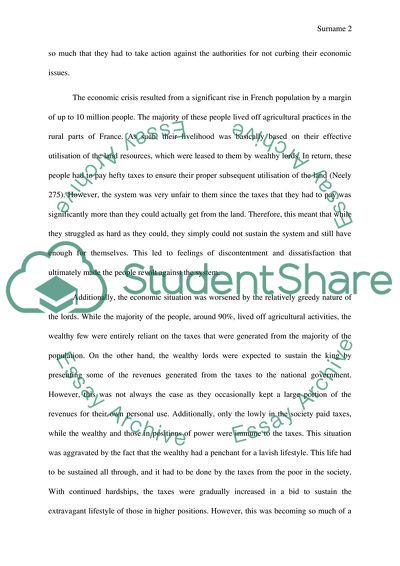Cite this document
(History of the French Revolution Report Example | Topics and Well Written Essays - 2250 words, n.d.)
History of the French Revolution Report Example | Topics and Well Written Essays - 2250 words. https://studentshare.org/history/1849870-what-were-the-origins-of-the-french-revolution
History of the French Revolution Report Example | Topics and Well Written Essays - 2250 words. https://studentshare.org/history/1849870-what-were-the-origins-of-the-french-revolution
(History of the French Revolution Report Example | Topics and Well Written Essays - 2250 Words)
History of the French Revolution Report Example | Topics and Well Written Essays - 2250 Words. https://studentshare.org/history/1849870-what-were-the-origins-of-the-french-revolution.
History of the French Revolution Report Example | Topics and Well Written Essays - 2250 Words. https://studentshare.org/history/1849870-what-were-the-origins-of-the-french-revolution.
“History of the French Revolution Report Example | Topics and Well Written Essays - 2250 Words”. https://studentshare.org/history/1849870-what-were-the-origins-of-the-french-revolution.


